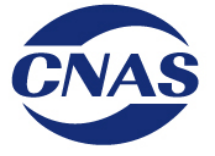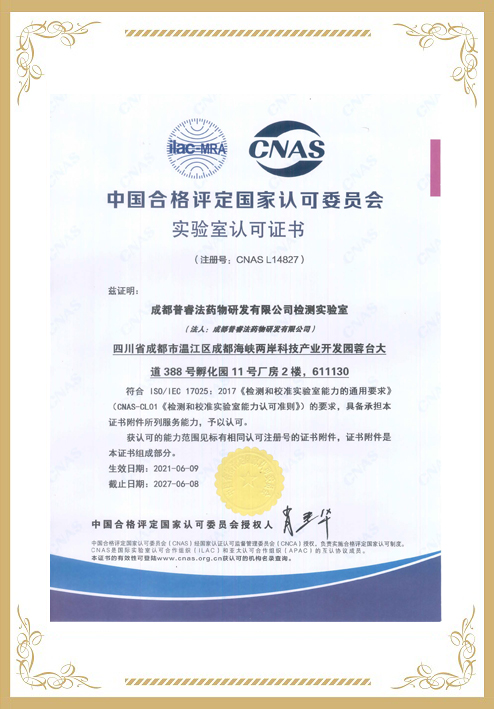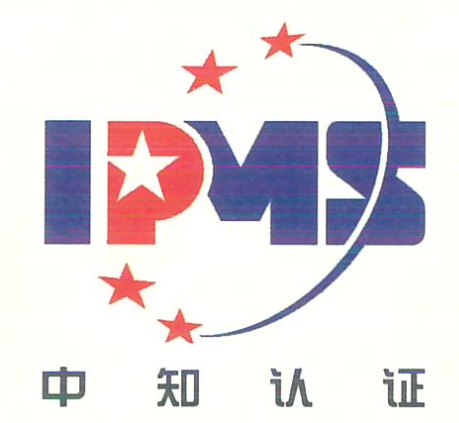Summary
In an ultrasonic bath and for 30 min in the presence of water as extraction solvent in a ratio of 1:10 (g/mL), effect of extraction temperature on extraction of caffeoylquinic acids (CQAs) from Moringa oleifera leaves (MOL) was investigated. Gradually increasing in extraction temperature caused a growing in mono‐CQA and declining in 3,5‐diCQA. The extract obtained at 80 °C showed the highest antioxidant capacity, and IC50 values for scavenging activities on DPPH radicals and ABTS radicals were 56.9 and 53.6 µg/mL, respectively. Compared with α‐glucosidase and α‐amylase, the extract showed the highest inhibition on pancreatic lipase (IC50 of 0.073 mg/mL). Increasing the extraction temperature improved cytotoxicity of the extract on cancer cell lines of HeLa and HepG2. Compared with gram‐negative Escherichia coli and Salmonella typhimurium, all the extracts showed higher inhibition on the growth of gram‐positive Bacillus cereus and Staphylococcus aureus. Our results suggested that use of higher extraction temperature (80 °C) improved the biological activity of MOL extract.
… pulverized and passed through 60 mesh. Thereafter, the fine powder of MOL
was kept away from light in a dry place at room temperature. 3-CQA, 4-CQA,
5-CQA, 3,5-diCQA were purchased from Biopurify Phytochemicals Ltd …























